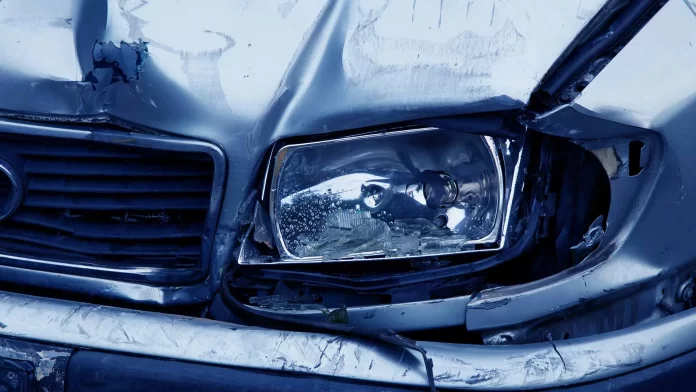When an accident occurs involving a driver under the influence (DUI) in Las Vegas, proving negligence is crucial for victims seeking compensation for their losses. Negligence is the legal principle that everyone has a duty to act with a reasonable level of care, and when someone fails to do so, causing harm to others, they can be held legally responsible.
Table of Contents
Defining Negligence
In Nevada, as in other states, the definition of negligence revolves around the breach of a legal duty to exercise reasonable care, which results in harm to another person. In the context of a DUI accident, driving under the influence itself typically constitutes a breach of that duty.
Driving under the influence is a violation of Nevada law. When a driver is impaired due to alcohol or drugs and causes an accident, this act inherently supports a claim for negligence.
Elements of Establishing Negligence
According to the Las Vegas DUI accident lawyers at Harris & Harris Injury Law, you must prove the following elements to establish negligence:
Duty of Care
All drivers are legally required to operate their vehicles safely and follow traffic laws, known as the duty of care. This responsibility is outlined in regulations like the Nevada Revised Statutes (NRS), especially concerning issues such as driving under the influence (DUI). These laws serve as evidence, emphasizing the obligation for drivers to ensure safe and lawful driving practices for the well-being of everyone on the road.
Breach of Duty
In a DUI case, a breach of duty happens when the driver fails to follow the legal standard of care by driving impaired. Evidence supporting this breach includes police reports, results from breathalyzer or blood tests, and statements from witnesses who saw the impaired driving. This failure to meet responsible and lawful driving standards is crucial in proving negligence.
Causation
Causation involves showing that the driver’s impairment directly caused the accident. This is demonstrated by evidence like accident reconstruction reports and expert testimony connecting the driver’s impairment to the collision. In simple terms, it means proving that the driver’s impaired state was a key factor in causing the accident.
Damages
After an accident, damages refer to the physical injuries, property damage, or other losses. Evidence supporting these damages includes medical records, repair bills, and documentation of financial impacts like lost wages.
Gathering Evidence to Prove Negligence
When building a case to prove negligence in a DUI accident, gathering compelling evidence is crucial. The following are important pieces of evidence you must gather in order to prove negligence:
Police Reports
This document often contains critical information, including the responding officer’s observations, results of any field sobriety tests, and statements from involved parties and witnesses.
EyeWitness Testimony
Individuals who witnessed the accident can provide testimonies that may corroborate signs of impairment or erratic driving leading up to the collision.
Field Sobriety and Chemical Tests
- Field Sobriety Tests: Officers may conduct tests at the scene to assess the driver’s coordination and cognitive function.
- Chemical Tests: Blood, breath, or urine tests administered after the arrest provide a measure of the driver’s blood alcohol concentration or the presence of drugs.
Expert Witnesses
Accident reconstruction experts and healthcare professionals might be necessary to demonstrate the link between the DUI and the accident, as well as the extent of injuries suffered.
Video Footage
Surveillance cameras or dash cams can capture the incident and behaviors indicative of intoxication.
Proving negligence in a DUI accident case in Las Vegas involves a thorough understanding of legal definitions, careful evidence collection, and often the assistance of a well-versed attorney. By strategically establishing the duty of care, breach, causation, and damages, victims of DUI accidents can increase their chances of a positive outcome in their quest for justice and compensation.
















